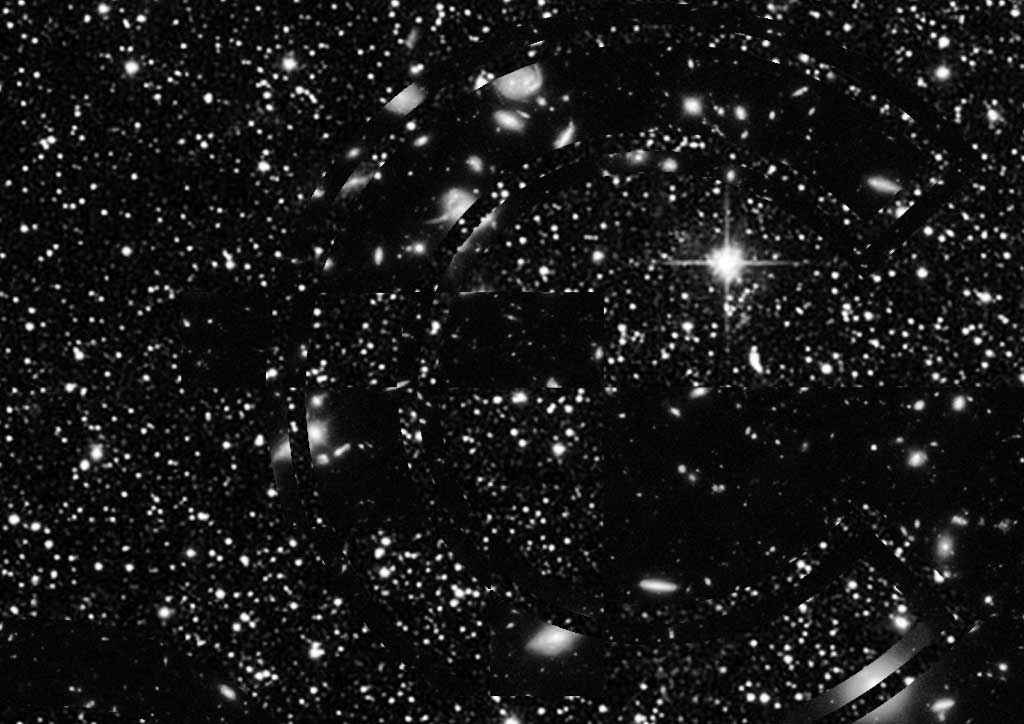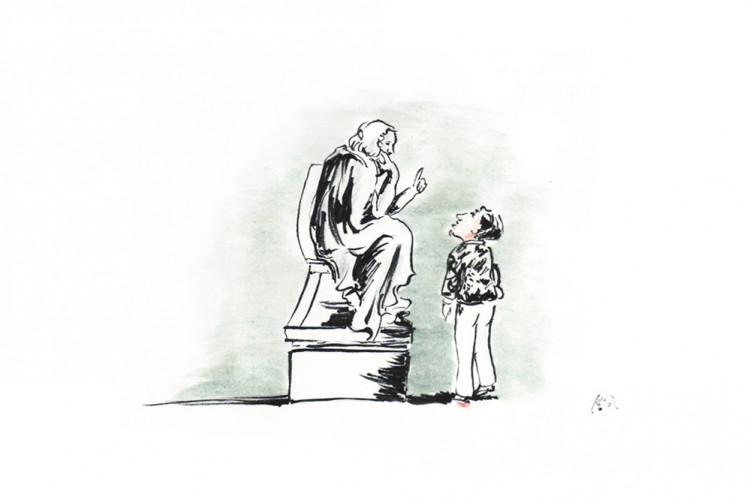
Yesterday morning, people across Indonesia had the chance to witness a solar eclipse, a phenomenon where the sun, the moon and the earth align. A sight to behold for anyone who had the chance to see it, the solar eclipse was an event where, for a brief moment, all of witnesses’ focus were away from what was happening around them and directed towards the universe. Watching a star 150 million kilometers away being blocked by a moon 450,696 kilometers away in a galaxy 100,000,000,000,000,000,000 kilometers wide in an observable universe that is 93 billion light-years in diameter (that is a lot of kilometers) is both an inspiring and a humbling existential experience – we are, as we understand it, a speck of dust in a gigantic picture.
Yet as unsignificantly small as we are, we have an understanding of celestial bodies far beyond our physical human reach. We understand how stars form, how they die, how planets came to be, we can see our universe expanding, we can measure distances that we cannot traverse in a lifetime – we can reasonably comprehend what is happening in our reality in the largest of scales. We also have an understanding of how we came to be, of our chemistry, of atoms, molecules, and subatomic particles – an understanding of the infinitely small.
How much humanity have come to understand their surroundings is something that we take for granted, and it feels even more so when we realize that our modern lifestyle is driven by our scientific understanding. The microchips in our cellular phones, the lights that illuminate our homes, the medicine we take to cure our ailments, the electricity that powers practically everything we use – all of this ingenuity began with a discovery of how nature works and followed by harnessing that knowledge. Human reason will tell us that science is obviously the driving force behind many of humanity’s progress, and perhaps this clear logic is the reason behind our taking science for granted.
What many of us are perhaps unaware of, though, is that when science progresses, so does our intuition. One can say with absolute certainty today that the world is round and that the earth revolves around the sun, but this fundamental understanding of planets and stars (if you remember your grade school lessons) wasn’t always the case as many people thought the earth was flat and that the earth was the center of the universe. Or take another example, one that Professor Michio Kaku mentioned in his Floating University lecture regarding Aristotle, who said “Why do objects move toward the earth? …that’s because objects yearn, yearn to be united with the earth.” as well as “… why do objects slow down when you put them in motion? Objects in motion slow down because they get tired.” This statement personifying falling and moving objects by Aristotle, the renowned Greek figure in philosophy and science, seems absurd in 2016, but that is only because we have made scientific progress that have confirmed why objects move towards the earth and why objects slow down.
Aristotle lived around 400-300 BC, and it wasn’t until around 2000 years later in the 17th century when Sir Isaac Newton invented calculus and described gravity as the force that makes things fall down that Aristotle’s theory was debunked. Even when Sir Isaac Newton has described gravity with mathematical precision, he could not solve the ‘Why’ gravity exists. Then around 150 years after Newton Albert Einstein solves this problem with his theory of General Relativity in 1915. The German scientist explains that giant celestial bodies such as planets and stars create curvatures in the fabric of space and time, and these curvatures make smaller objects fall into them, hence gravity. Now, gravity, though perhaps not completely understood by most, has become the standard reasoning for everyone as to why things fall – thanks to a scientific approach that has provided indisputable evidence.
Most of us perhaps do not and will never fully understand the theories made by Newton, Einstein, Bohr, or Hawking but we can be certain that as long as our scientific curiosity is nurtured, humanity will progress intuitively. Like our understanding of gravity help us create airplanes and rocket ships, quantum mechanics leading to our creating computers and lasers, or general relativity helping us study the planets and stars, science have and will always lead us to to exciting new frontiers.
“To Infinity and Beyond” ditulis oleh:
Ken Jenie
Jirapah singer and guitarist who is lactose intolerant. Ken enjoys the arts and is fascinated by the variety, and hopes mankind is curious about anything and everything. Cheers!











